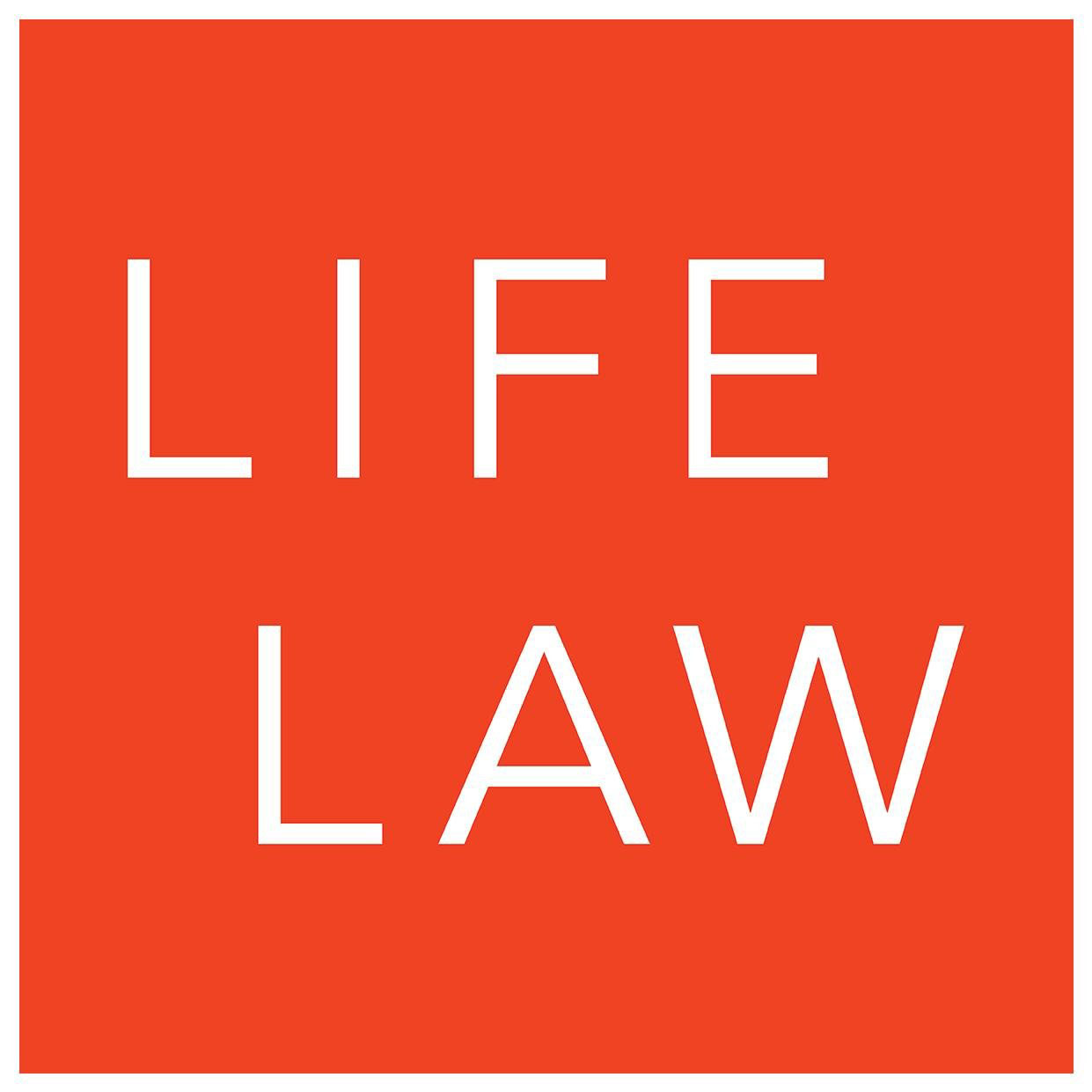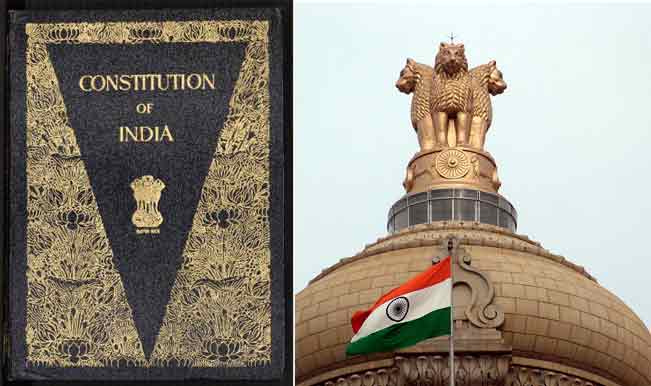
Life
Last month we had delineated from the series to discuss public finance. However today proceeding with the series we now come to the most important provision under the Indian Constitution, the same being, the provision under Article 21. Article 21 guarantees the most important and inalienable right of any living being that is the right of life.
“No person shall be deprived of his life or personal liberty except according to procedure established by law.”
The term personal liberty was first interpreted by the Supreme Court in the case of Gopalan wherein it was given a very narrow meaning and held that it means nothing more than the liberty of the physical body that is freedom from arrest and detention without the authority of law. In the same case the term ‘law’ was also given a narrow meaning and was held as “State made law” and rejected the contention that it should also mean Jus naturale. However after the emergency in the year 1975-1977 when the country saw the trampling of the democracy, the Supreme Court at the first opportunity in the year 1978 in the case of Maneka Gandhi widened the scope of the words personal liberty. The court held that, the rights envisaged under Article 19 also form the part of the expression personal liberty the term ought not be read in a narrow and restricted sense but should also include the attributes which specifically dealt with in Article 19. The second important aspect of Maneka’s case was the new meaning given to the expression “Procedure established by law.” It now means that the procedure must satisfy requisites of being fair and reasonable it cannot be arbitrary unfair or unreasonable. Even the term Law received a new interpretation holding that it does not mean merely an enacted piece of law but must be just, fair and reasonable law.
Article 21 has been given a new dimension by holding that right to ‘live’ is not merely confined to physical existence but it includes right to live with human dignity and all that goes along with it, that is the bare necessities of life like adequate nutrition, clothing and shelter and facility for reading, writing and expressing in different forms as also freely moving around and mixing with fellow human beings.
Over period of time the Court has held that, the life also includes the right to livelihood it is held that an equally important facet of the right to life is the right to livelihood because no person can live without the means of livelihood if the right to livelihood is not treated as a part of the Constitutional right to life, the easiest way of depriving of a person of his right to life would be to deprive him of his means of livelihood. Thus observed the Supreme Court in, Olga Tellis Case popularly known as the Pavement dwellers Case.
The right to life further came to be widened to mean the right to shelter as well. Shelter for human being therefore is not a mere protection of life and limb. It is home where he has opportunity to grow physically, mentally, intellectually and spiritualy. It therefore includes adequate living space, safe and decent structure, clean surroundings, sufficient light, clean and pure air and water, electricity, sanitation and other amenities like roads, public transport etc,. to have access to his daily work. It therefore does not mean a mere roof over one’s head but right to all the infrastructure that is necessary to enable a person to develop as a human being.
Another facet of the right to life is the right to privacy. A citizen has a right to safeguard the privacy of his own, his family, marriage, motherhood, child bearing and education. No one can publish anything concerning the above matters without his consent whether truthful or otherwise. If any one does so he would be violating the right of person concerned and would be liable in an action for damages that is compensation. This rule in subject to an exception that if any publication such matters is based on public record it will not be objectionable. The second exception is that, the right to privacy or the remedy for compensation is not available to public officials as long as the criticism concerns the discharge of their public duties.
It has also been held that, telephone tapping is serious invasion of a individual right to privacy. It cannot be resorted to by the State unless there is public emergency or interest of public safety. In the telephone tapping case the Court laid down that public emergency or the interest of public safety are prerequisite for undertaking such a venture. It also defined the expression public safety to mean the State or condition of grave danger or a risk of public at large.
In the case of Parmanand Katara the Supreme Court held that it is the professional obligation of all doctors whether government or private, to extend the medical aid to the injured immediately to preserve life without waiting legal formalities to be completed by the police. It is the obligation of those who are in charge of the health of community to preserve life. It has also been held that the right to maintenance and improvement of public health is included in the right to live with human dignity. A healthy body is the very foundation of all human activities. In a welfare state it is an obligation of a State to ensure to the creation and sustaining of condition conducive of good health. It has been also held that, the State, or an industry public or private is required to take all such action which will promote health, strength and vigor of workman during period of employment and leisure and health even after retirement as basic essentials to life.
Stretching further the concept of life the Court held that, the person has right to pollution free water and air. It has been held that, though industries are of vital importance to the countries development but they cannot be allowed to destroy the ecology, degrade the environment and pose a health hazard and cannot be permitted to continue their operation unless they set up pollution control devices. In a significant decision in reference of noise pollution Supreme Court held under Article 21 every person has the right to live with a noise free atmosphere. The Court further observed that, human life has its charm and all the aspects of life which go to makes a persons’ life meaningful complete and worth living is included in it. Anyone who wishes to live in peace comfort and quite within his house, has a right to prevent the noise as pollutant reaching him. Nobody can claim a right to create noise by amplifying the sound of speech with help of loudspeaker. Nobody can be compelled to listen and nobody has right to claim that he has right to trespass into aural aggression.
The question whether the right to die is included in Article 21 came for consideration for the first time before the Bombay High Court wherein the court held that, right to life guaranteed by Article 21 includes a right to die and therefore held that Sec.309 of Indian Penal Code which provides punishment to attempt to commit to suicide as unconstitutional. However this judgment of Bombay High Court and the other judgments of the Supreme Court were held to be bad by a Five judge constitution Bench of the Supreme Court in Gyan Kour V/s State of Punjab where held that right to life does not include right to die. Since it is inherently inconsistant as is death with life. The Court therefore held that, Sec.309 of I.P.C is not violative of Article 21.
Right to life has received wide interpretation since after 1977 till such time for 30 years it had remained dormant. Prior to 44th amendment the President under Article 359 was empowered to suspend the right to move any Court for the enforcement of right conferred by Article 21. Article 21 for the first time was suspended during the emergency arising out of Chinese attack in 1962. It was suspended for second time in 1971 when Pakistan attacked India. It was again suspended in 1976 when the government headed by Prime Minister Indira Gandhi declared an emergency on the ground of internal disturbance. The 44th amendment has amended Article 359 which now provides that the enforcement of the right to life and liberty under Article 21 cannot be suspended by the presidential order.
-Adv. Madhaveshwari Thube



